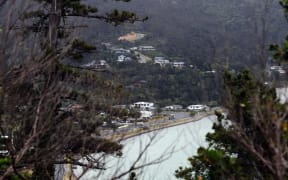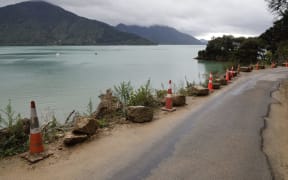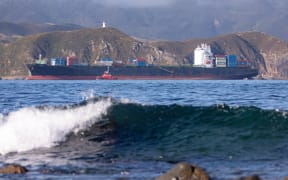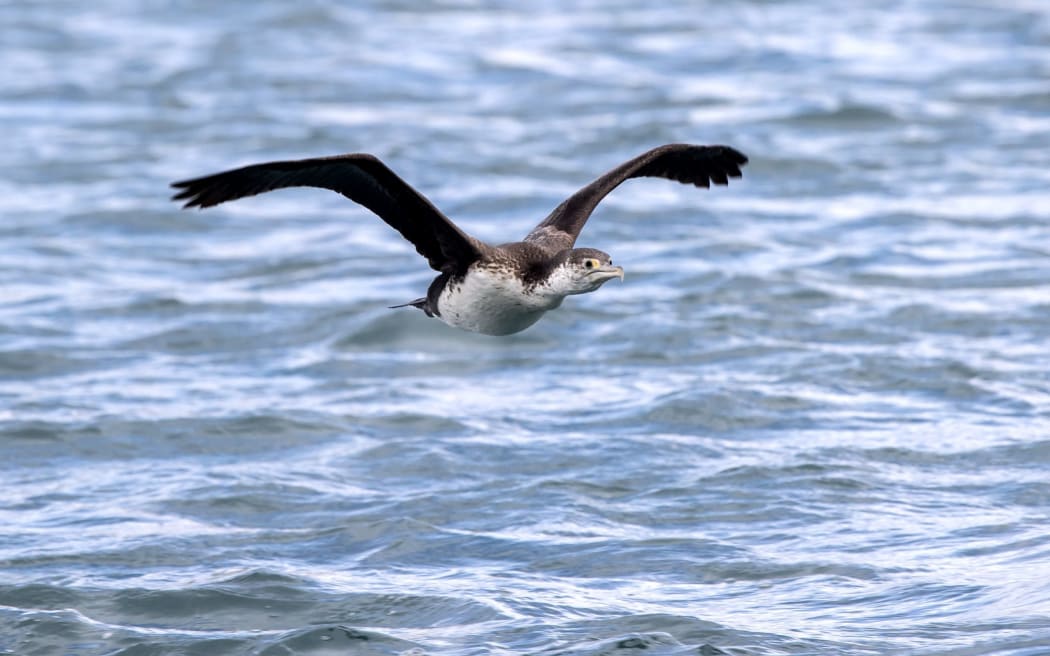
The council is looking at protecting more ecologically significant marine sites in the Marlborough Sounds. Photo: Stuff / Iain McGregor
Persistent marine heatwaves in Cook Strait are thought to be behind record-breaking sea temperatures in the Marlborough Sounds.
Since 2020, there's been an upturn in sea temperatures in Pelorus Sound and Queen Charlotte Sound, threatening marine species and indigenous biodiversity and setting more favourable conditions for the likes of shellfish pathogens and harmful algae blooms.

But it's thought the shift into the El Niño climate phase should bring stronger southwesterly and southerly winds, which could push cooler waters into the Marlborough Sounds.
"We've been in a La Niña phase for the last three years," Marlborough District Council coastal marine scientist Katie Littlewood said at an environment and planning committee meeting last week.
"[It] has been responsible for those northeasterly, warm humid winds, the high rainfall that we've seen, and also pushing tropical, warmer, subtropical waters into our region."
A report prepared for the meeting said monitoring from 22 sites showed both Te Hoiere/ Pelorus Sound and Tōtaranui/ Queen Charlotte Sound had record-breaking high temperatures in 2022 and 2023.
The annual average temperature in Te Hoiere was 15.7degC in 2022, and peaked at 20.4C.
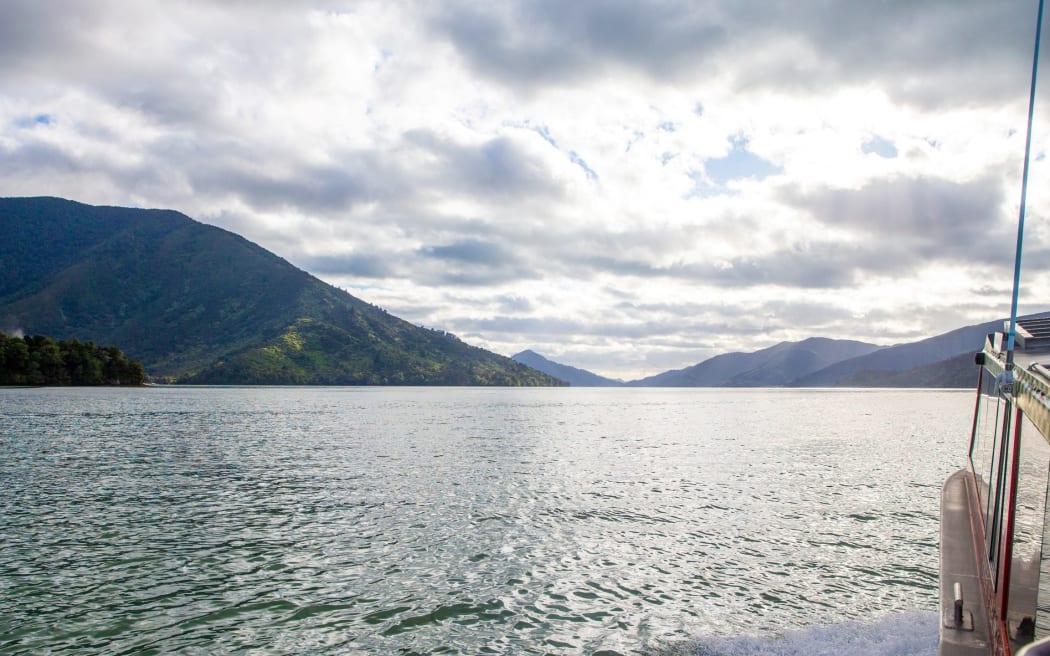
Pelorus Sound reached 20.4C in 2022. Photo: LDR / Stuff
In Tōtaranui/ Queen Charlotte Sound, the average temperature was 14.7C in 2022, with the highest temperature reaching 20.8C.
Littlewood told the committee Te Hoiere was somewhat warmer than Tōtaranui, but on average both had increased by about 0.7C in eight years.
"The outer Te Hoiere Sound, there's a highly significant upward trend with very high maximum temperatures, at both the surface level and the deeper layers.
"We suggest that its proximity to the Cook Strait is most likely responsible for these high temperatures, because those outer Pelorus sites are more exposed to the tidal currents that come through the Cook Strait."
Further inland, the rate of warming was slower.
"This is likely because the Te Hoiere and Kaituna catchments help counterbalance that influx of warm water, so it keeps it a bit cooler on those inner sites.
"Looking at Tōtaranui, again, most sites have significantly warmed since 2015. However, these warming rates are a lot slower than what we are seeing in Pelorus Sound.
"The likely reason for this is due to tidal currents through the Tory Channel and through the northern entrance, which moves cooler oceanic waters into these regions."
She said warming temperatures and the pressures of climate change would significantly impact marine species.
"It has and will continue to threaten habitat species, such as our kelp, algae and biogenic habitats, which are crucial for a lot of our ecosystem functions," she said.
"We may see or continue to see species undergoing range shifts to move within their thermal tolerances into deeper waters."
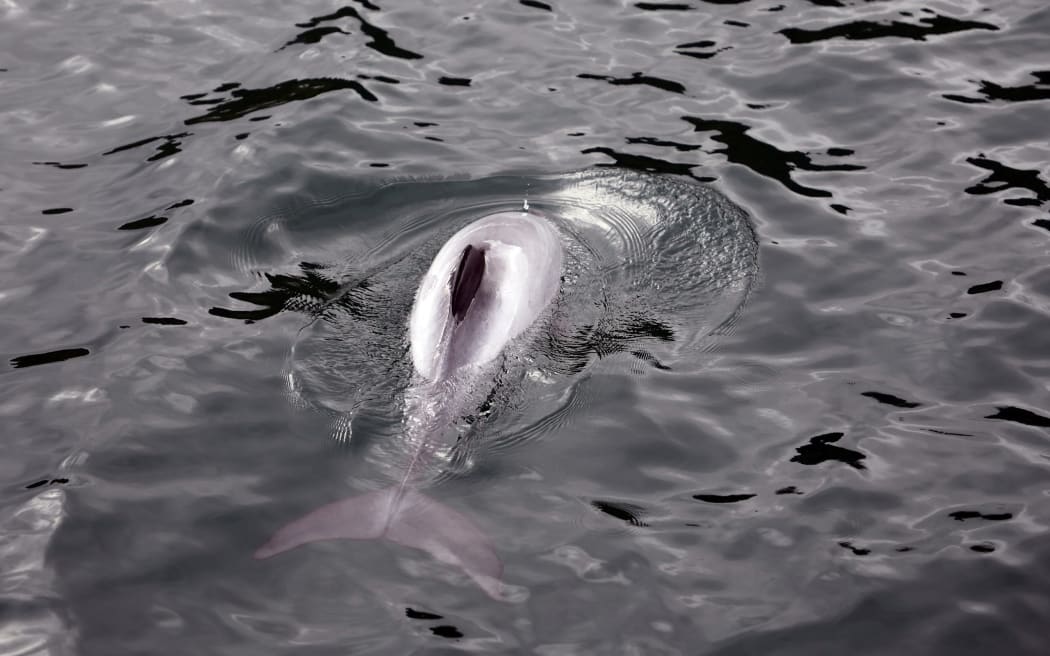
Warming sea temperatures could impact marine life. Photo: Stuff / Anthony Phelps
Continued long-term monitoring was required, and protection needed to be put in place to safeguard biodiversity.
"In the coastal marine environment, there are some really fantastic projects that we are part of," she said.
These included the Sustainable Seas kelp restoration project in Tōtaranui and the greenlipped mussel restoration project in Te Hoiere, she said.
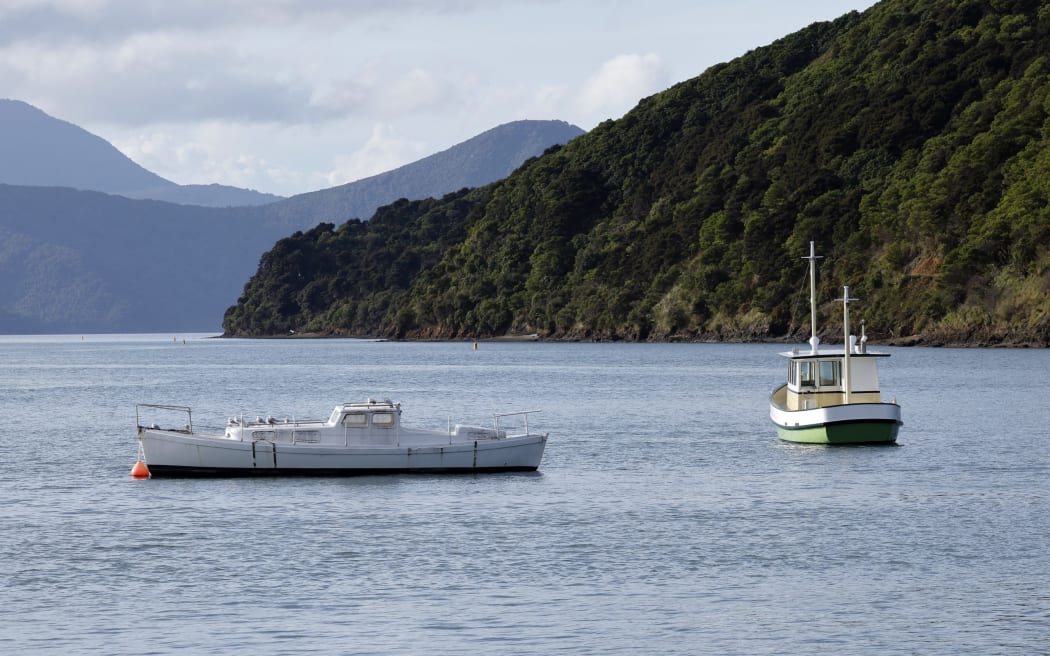
Photo: Stuff / Anthony Phelps
Under the Proposed Marlborough Environment Plan, the council was also looking to protect ecologically significant marine sites, adding 64 new sites and adjusting the boundaries of 44 already listed.
Marlborough Sounds ward councillor Barbara Faulls said the report was "pretty sobering".
"I guess what I am seeing, which is heartening, is that we have all of the projects that are coming online," Faulls said.
"And the marine farming industry and aquaculture industry are also looking at ways they can counteract the seas warming."
Public interest journalism funded through NZ On Air
